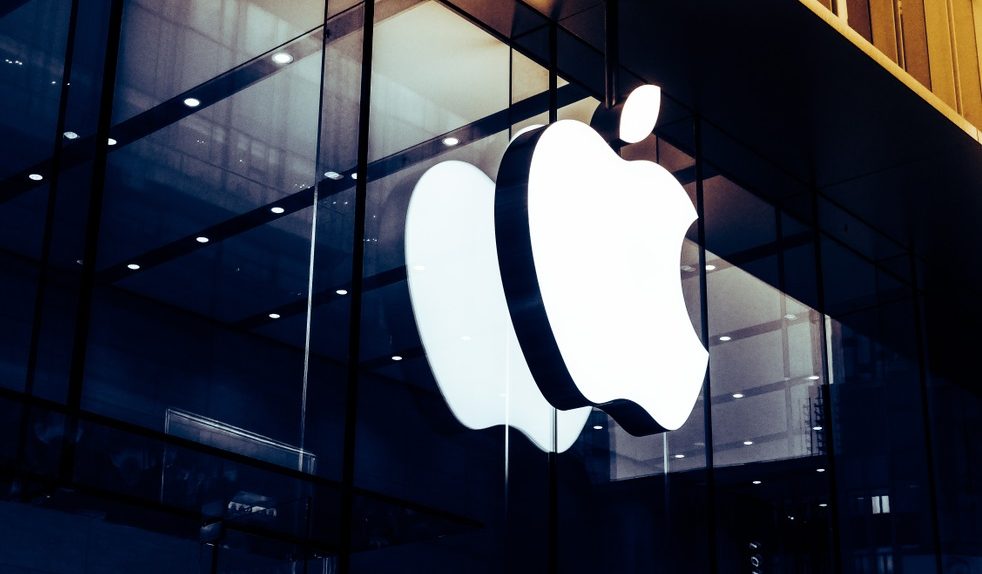Apple’s automotive ambitions took a significant hit recently, with CNBC reporting that Apple recently cut 200 employees from Project Titan, the company’s somewhat secretive automotive research initiative. Notably, these weren’t all layoffs as a good number of employees have reportedly been shifted over to different project groups within the company.
The news comes at an interesting time given that Doug Field — who formerly worked as a Senior VP of Engineering at Tesla — rejoined Apple back in May. Field was reportedly working directly under Bob Mansfield and his inclusion in Project Titan created some optimism that Apple’s ongoing R&D efforts in the automotive field might actually result in a shipping product.
Commenting on the matter, an Apple spokesperson relayed the following blurb to CNBC:
We have an incredibly talented team working on autonomous systems and associated technologies at Apple. As the team focuses their work on several key areas for 2019, some groups are being moved to projects in other parts of the company, where they will support machine learning and other initiatives, across all of Apple.
We continue to believe there is a huge opportunity with autonomous systems, that Apple has unique capabilities to contribute, and that this is the most ambitious machine learning project ever.
Despite rumors that an Apple car might see the light of day by 2025, that idea seems incredibly far-fetched at this point in time. While Apple hasn’t commented officially on Project Titan, the company — as evidenced above — has revealed that it’s spending a lot of engineering resources on self-driving car technologies.
To this point, Tim Cook, back in a June 2017 interview with Bloomberg, said the following: “We’re focusing on autonomous systems. It’s a core technology that we view as very important. It’s probably one of the most difficult A.I. projects actually to work on.”
Truth be told, it’s hard to imagine anything substantial coming out of Project Titan in the near future, if ever. The harsh reality is that the automotive market today is filled with sophisticated players who have been exploring next-gen automotive technologies for years on end. While Apple was able to stroll into the smartphone market and make an immediate impact with the iPhone, there’s no indication that it will be able to do something similar in the automotive industry.
It’s not necessarily that Apple engineers can’t come up with anything worthwhile, it’s more so an issue of competition. In other words, it’s hard to imagine Apple coming up with some type of automotive product, service, or software that would put entrenched automakers at a distinct disadvantage.








